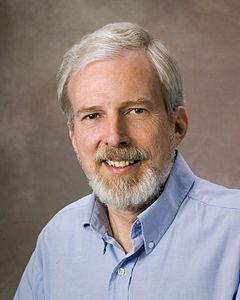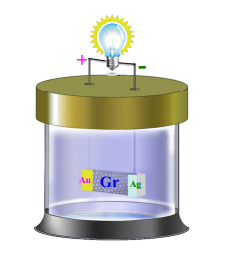
EXTRACT: Armed with this conviction about “where the action is,” I found my philosophical research invariably led me into study and research within each of the scientific fields with which my conceptual inquiries shared a sufficiently long border, including inter alia neuroscience, cybernetics, complexity theory, semiotics, perceptual control theory, communication theory, psychology and psychoanalysis. I pursued these empirical studies in depth alongside my work in analytic philosophy, and so accordingly, for what it’s worth, my academic credentials have come to include degrees in cybernetics (from Brunel University—in the former Institute of Cybernetics) and in social sciences and neuroscience as well as philosophy (from Oxford), among other things, grounding my philosophical inquiries with training and research on the empirical side of the fence.
“Philosophy Without Arguments: Think Before You Think”
EXTRACT: Academic philosophy has lately made a fetish of arguments in the sense of disputation, in place of arguments in the sense of argumentation to establish the reasonableness or otherwise of conclusions reached. A more and more arcane, deliberately exclusive technical vocabulary has largely displaced a long tradition of philosophical writing accessible to those from other disciplines. Philosophers have increasingly been talking only to themselves, and in voices increasingly shrill. Competition thriving on disagreement has replaced cooperation in the service of reaching agreement. Technical, often pseudoscientific logic-chopping and internecine disputes, spurred on by what Freud called “the narcissism of minor differences,” have replaced an overriding interest in cooperative engagement with colleagues outside philosophy, in the humanities and in the sciences. Dogged by false oppositions between logic and rhetoric, the empirical and the conceptual, philosophers for the first time in modern intellectual history have found themselves operating in a vacuum.
The Oxford don with tiny answers
EXTRACT: Four of the largest books in Wilk’s library — where he keeps his kaleidoscope collection — comprise his thesis. His friends call it “the slab”. Its title is Principium Metamorpholigica. Metamorphology, from metamorphosis, is, according to Wilk, a “nascent discipline” concerned with the science of change. So far, Wilk is its only practitioner. His thesis is highly technical, drawing on the work of cyberneticians such as Gregory Bateson and DJ Stewart, who supervised the doctoral work. Its central argument: that change is instant and easy, no matter how large the system.
The Science of the Nudge: Minimalist Intervention and the Nature of Change
a one-year introductory course on the philosophical and scientific understanding of change
and its application in rapidly pinpointing minimalist interventions
Interchange Know-How (Company Site)
EXTRACT: Each Interchange design session normally results in a pertinent and elegant solution that can be implemented at once, with immediate and bankable results, only occasionally requiring a second or third session to secure the client’s objectives. Daunting challenges and ambitious objectives—regardless of how longstanding and intractable, . . . or new, daring and unprecedented—can be successfully addressed and secured within days or weeks, and executives can accordingly dispense with normal expectations of feasibility and timescales. In place of high-risk, high-profile, high-cost initiatives, Interchange enables clients to achieve the same or better results reliably—in a fraction of the time—through low-risk, low-profile, catalytic interventions or “nudges” whose marginal cost of implementation is typically negligible.
Interchange Know-How








